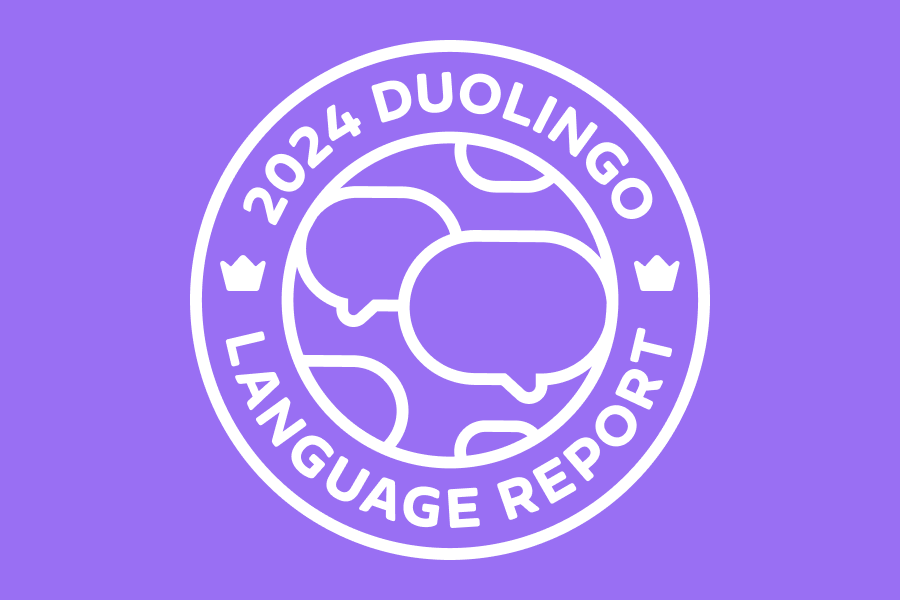Whether you feel like going glamping (glamorous + camping) or to a gastropub (gastronomy + pub) this weekend, you may come across a portmanteau or two. While portmanteau is a French word meaning “a large trunk or suitcase,” in English, it refers to a term that is formed by blending two words or parts of two words, such as podcast (iPod + broadcast), a broadcast listened to on a smartphone, or mocktail (mock + cocktail), a mixed drink without any alcohol. English speakers seem to love them!
Portmanteaux have been around for years!
There are some portmanteaux (also, portmanteaus) that have been around for a while and are quite common. You may not even realize that they are a blend of two other words! For example, if the relatively new glamping (glamorous + camping) isn’t your style, perhaps you’d rather spend the night in a motel (motor + hotel). The portmanteau motel has been around since at least the mid-1920’s.
After a good night’s sleep, you may be a bit hangry (hungry + angry), which was first documented around 1918, and decide to go out for brunch (breakfast + lunch), an even older portmanteau than motel and hangry—it's first documented in English around the 1890’s. Also first documented around the 1890’s is frenemy (friend + enemy), that perfect blend to represent someone who has characteristics of both a friend and an enemy.
You may not choose to brunch with your frenemies, but if you do, you could use a spork (spoon + fork), the perfect utensil if you’re trying to save space! Spork, the word, has been in use since at least the early 1900’s, although the design of a spork was patented even earlier.
On a warm day, you might order a popsicle (pop + icicle) to cool off. Popsicle is another proprietary name, first used in the 1920’s. Also from the early 1900’s is the portmanteau smog (smoke + fog), which refers to an atmospheric condition that can contribute to warmer weather!
We can’t forget the most beloved of all portmanteaux: Labradoodle (Labrador Retriever + poodle). This mixing of breeds and word parts has become very productive—bernedoodle, sheepadoodle, Aussiedoodle, goldendoodle—but the portmanteau Labradoodle has been around since the 1950’s!
And the list goes on…
Besides the stuffy stalwarts, there are also some fun newer portmanteaux! For example, jorts (jean + shorts) was coined in 1995 and was followed by jeggings (jean + leggings) in 2009. You might also be familiar with athleisure (athletic + leisure), the fashion trend of wearing casual clothes that would be appropriate for exercise. Athleisure was first coined in the 1970s, but both the word and the clothing trend really took off in the 2010’s.
If you are heading to Comic-Con (comic book + convention) this summer, you might engage in another fashion-related trend, cosplay (costume + roleplay)! The first Comic-Con was held in 1970, but the term cosplay wasn’t recorded until 1993. We’re sure you can read more about it all in a blog (web + log) or watch the video posts in a vlog (video + blog)—both portmanteaux from the turn of the 21st century.
Beware of anyone trying to mansplain (man + explain) these terms, though! Mansplain was coined in 2008 to mean the act of explaining something in a condescending way, as might happen if you assume someone has no knowledge of the subject.
There are language portmanteaux, too!
Spanglish (Spanish + English) first surfaced in 1958 to deride Spanish-English bilinguals for supposedly having incomplete knowledge of Spanish and English, but this is not the case! Spanglish and other language systems of bilinguals—including Franglais (Français + Anglais, for French + English), Portuñol (Português + Español, for Portuguese + Spanish), Japanglish (Japanese + English), and Banglish (Bengali + English)—are rich, rule-based language varieties that allow speakers who share two languages communicate to their fullest potential—like we want you to be able to do in all your languages!



